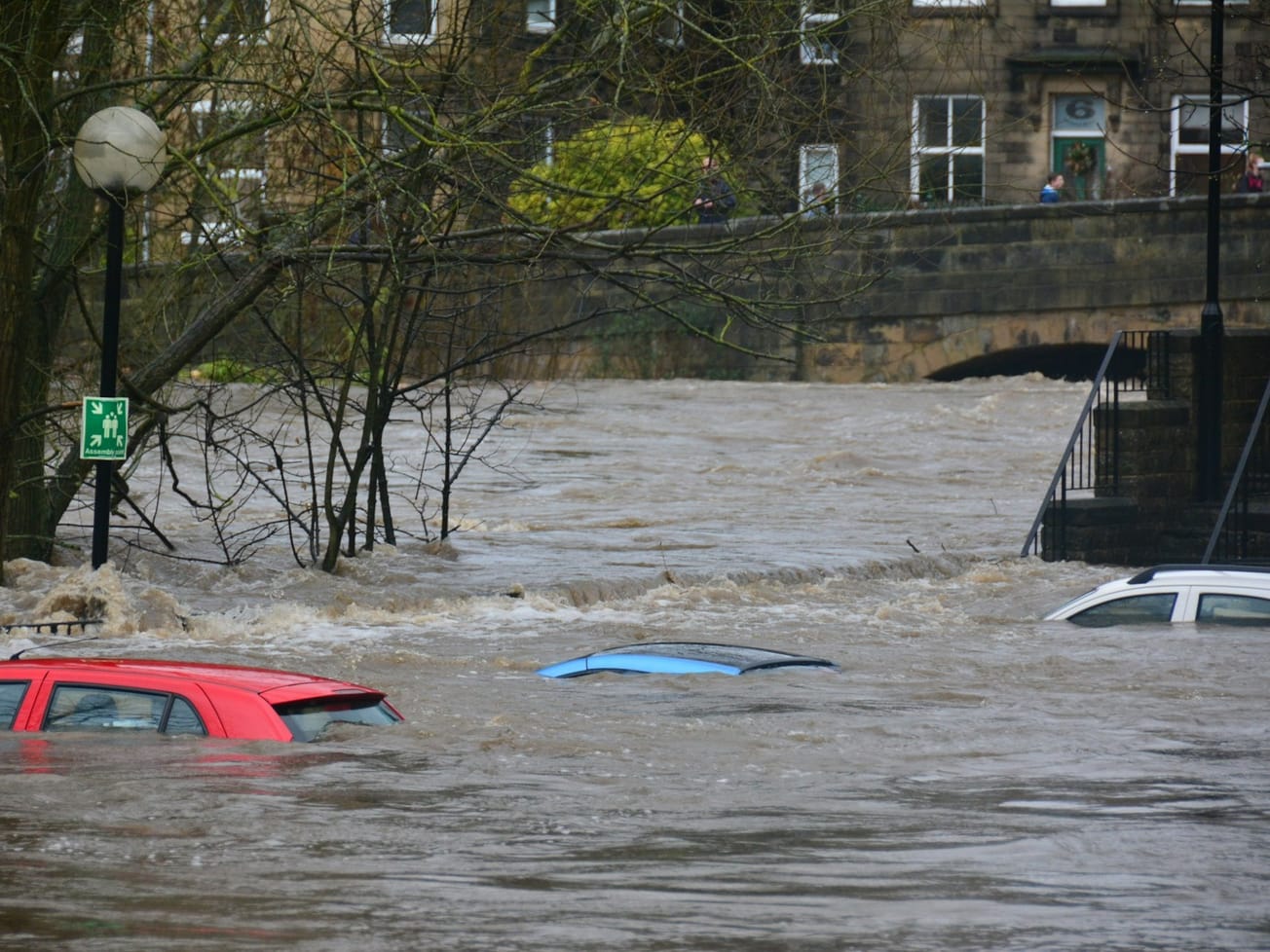WASHINGTON (AN) — Global warming is pushing the Earth to the edge of an “irreversible climate crisis” so severe and unforgiving, climate researchers report, that the very fabric of life on our planet is imperiled.
After years of warnings from tens of thousands of scientists from around the globe, and even some fossil fuel producers, greenhouse gas emissions continue to increase and push the climate toward the breaking point.








